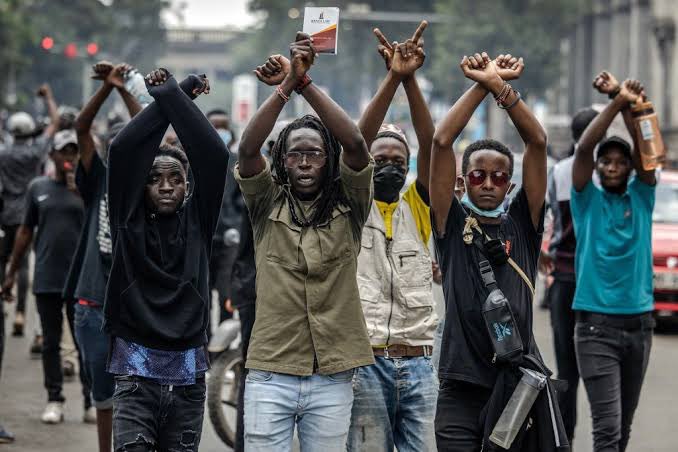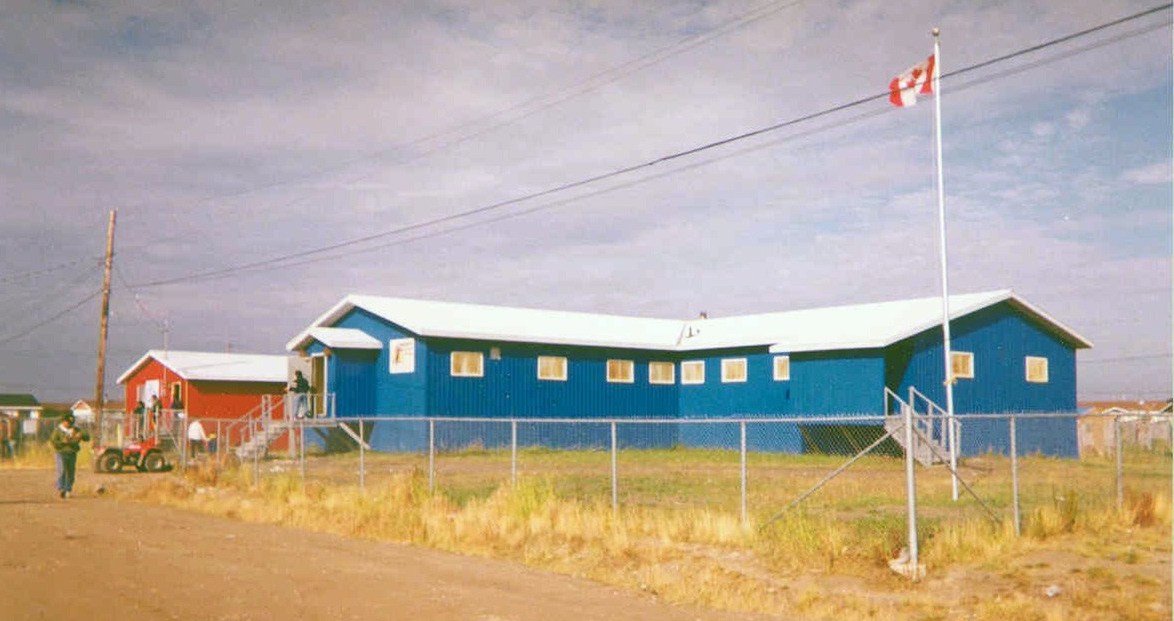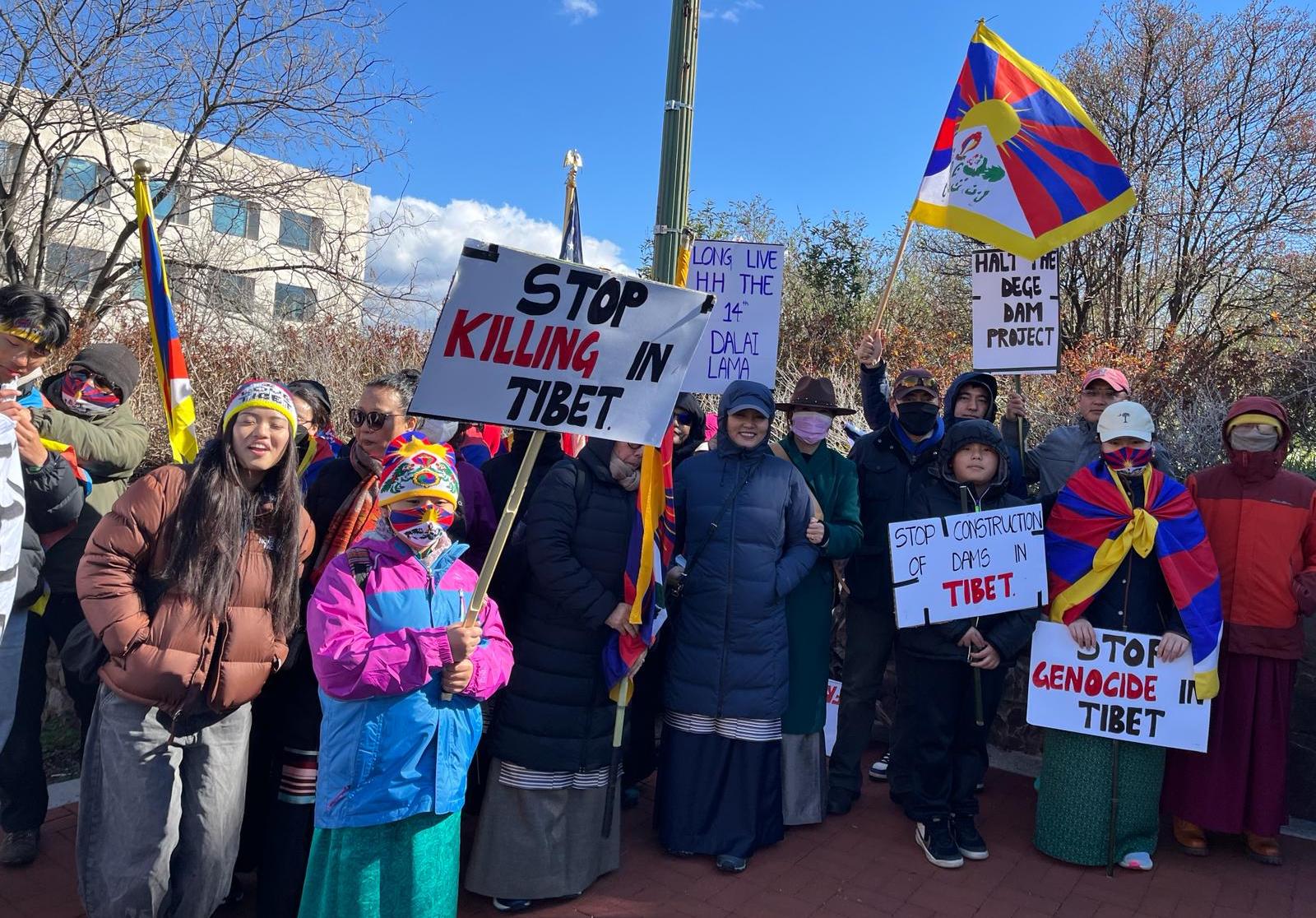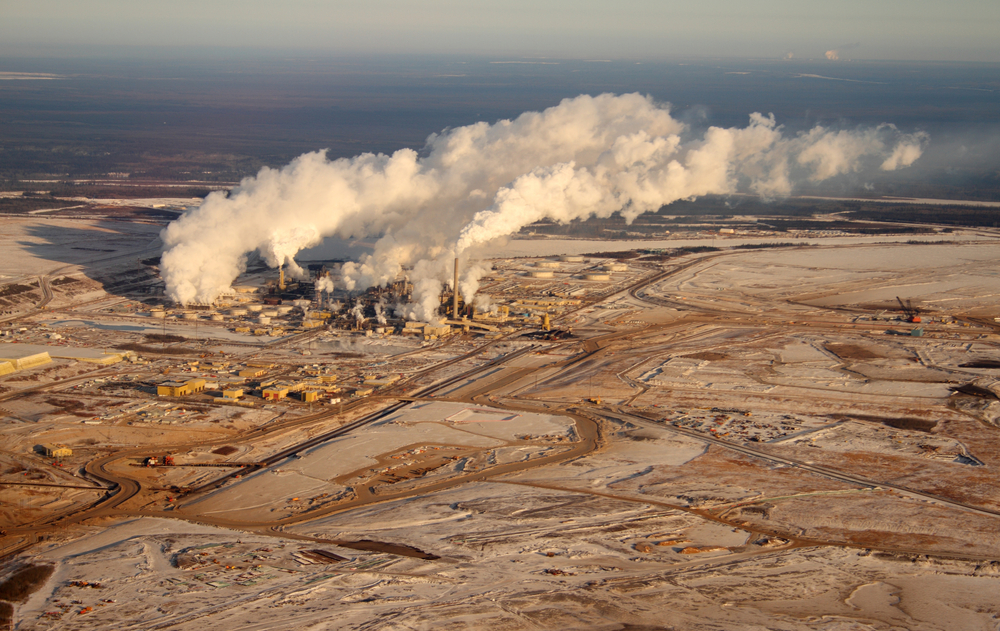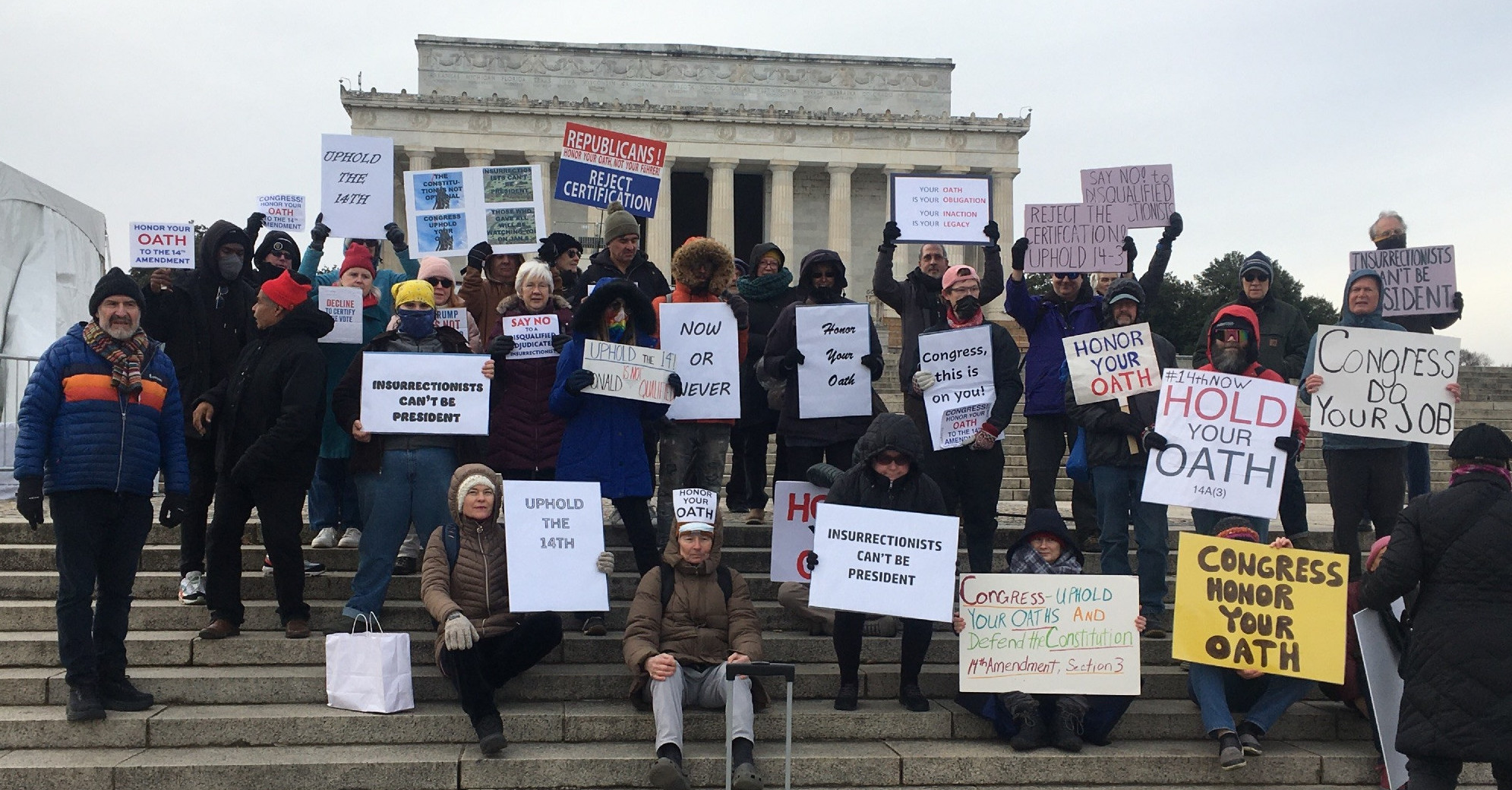
Podcast: nullify the election! VI
Mere days before Donald Trump is to be inaugurated, Bill Weinberg continues to raise the demand for nullification of his election on 14th Amendment grounds. As Congress certified his victory last week, a demonstration calling for this was held in Washington, organized by podcaster (and former Trump campaign worker) Jessica Denson. But the centrist establishment—including Kamala Harris, who presided over the certification—is utterly capitulating to the fascist takeover of the country. In vivid contrast, protesters courageously take to the streets and politicians refuse cooperation to defend democracy from authoritarian power-grabs in South Korea, Georgia, Romania, Slovakia and Mozambique. In Episode 260, the CounterVortex podcast urges a last-ditch line of defense: pressure on Chief Justice John Roberts to refuse to administer the oath of office. Listen on SoundCloud or via Patreon. (Photo via BlueSky)







